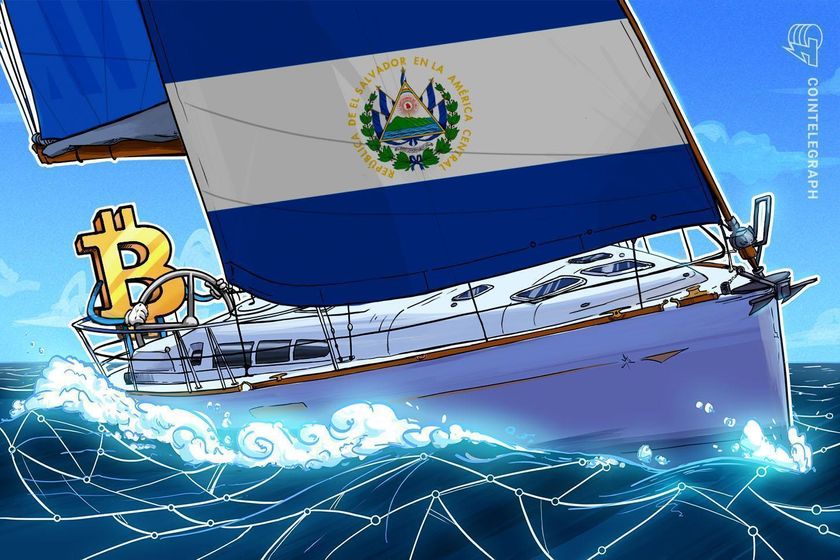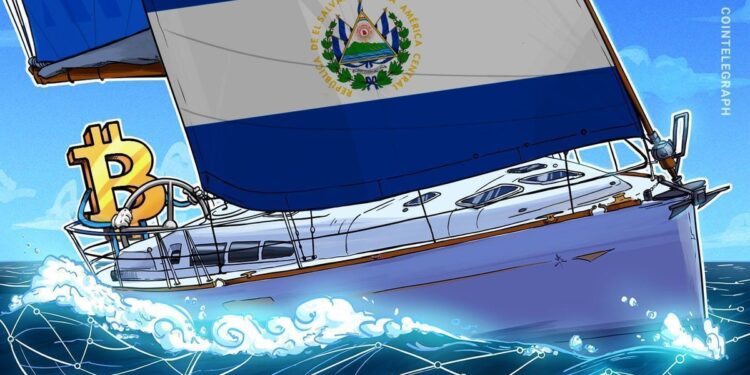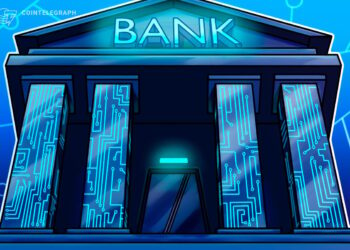
Solely 20 of the 181 Bitcoin service suppliers registered with El Salvador’s central financial institution are operational, with the remainder failing to satisfy the nation’s necessities beneath its Bitcoin Regulation.
Native media outlet El Mundo cited information from the Central Reserve Financial institution of El Salvador, displaying that 11% of the service suppliers are operational. In keeping with the central financial institution’s database, the remainder of the suppliers are categorised as non-operational.
The info confirmed that no less than 22 non-operational suppliers have failed to satisfy many of the nation’s Bitcoin Law requirements, which mandate that suppliers implement stringent supervision of their monetary programs.
Most of El Salvador’s Bitcoin service suppliers are non-operational
El Salvador’s Bitcoin Regulation requires suppliers to take care of an Anti-Cash Laundering (AML) program, maintain data that precisely replicate the corporate’s belongings, liabilities and fairness and have a tailor-made cybersecurity program relying on the character of its providers.
The info confirmed that 89% of the registered suppliers have failed to satisfy a few of these obligations to be categorised as operational.
Nonetheless, just a few corporations have happy the authorized standards, together with the state-backed Chivo Pockets and firms together with Crypto Buying and selling & Funding and Fintech Américas.
Associated: Cathie Wood to kick off El Salvador’s AI public education program
El Salvador’s Bitcoin experiment
In 2021, El Salvador grew to become the primary nation to accept Bitcoin as legal tender together with the US greenback. This transfer made Bitcoin integral to El Salvador President Nayib Bukele’s financial technique.
Nonetheless, the Central American nation just lately signed a deal with the Worldwide Financial Fund (IMF) on a $1.4 billion mortgage in change for rolling again a few of its Bitcoin-related efforts. Below the settlement, taxes will probably be paid in US {dollars} and public establishments will restrict their use of Bitcoin.
On March 3, the IMF requested the nation to stop its public sector Bitcoin buys. Nonetheless, Bukele mentioned the federal government will continue to purchase Bitcoin, seemingly contradicting its IMF deal.
The IMF deal prompted hypothesis about whether or not the nation would rescind Bitcoin’s status as legal tender. John Dennehy, an El Salvador-based Bitcoin activist and educator, mentioned in an X House with Cointelegraph {that a} rollback regulation altering Bitcoin’s authorized standing is about to take impact on April 30.
Journal: Memecoin degeneracy is funding groundbreaking anti-aging research


















